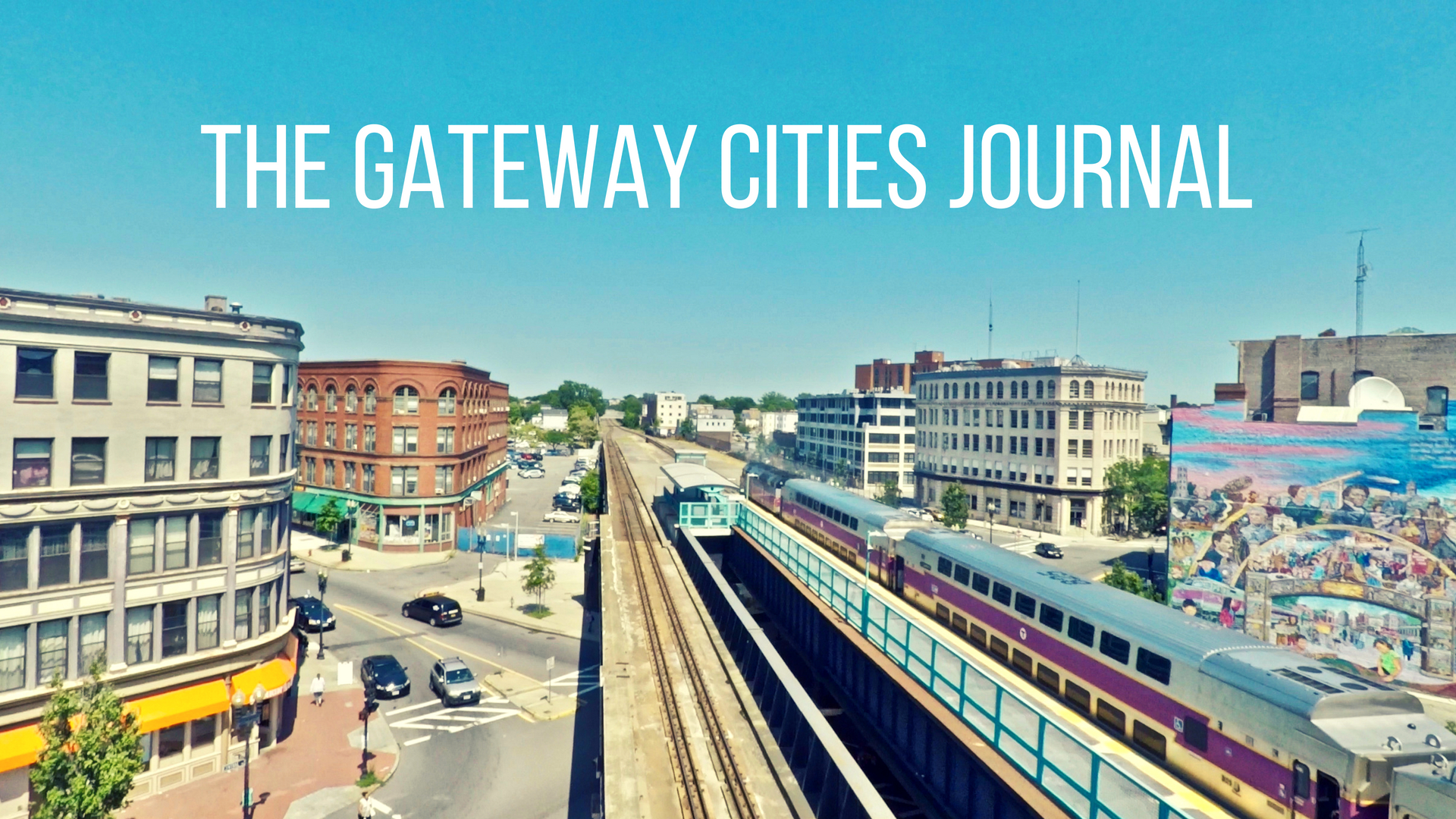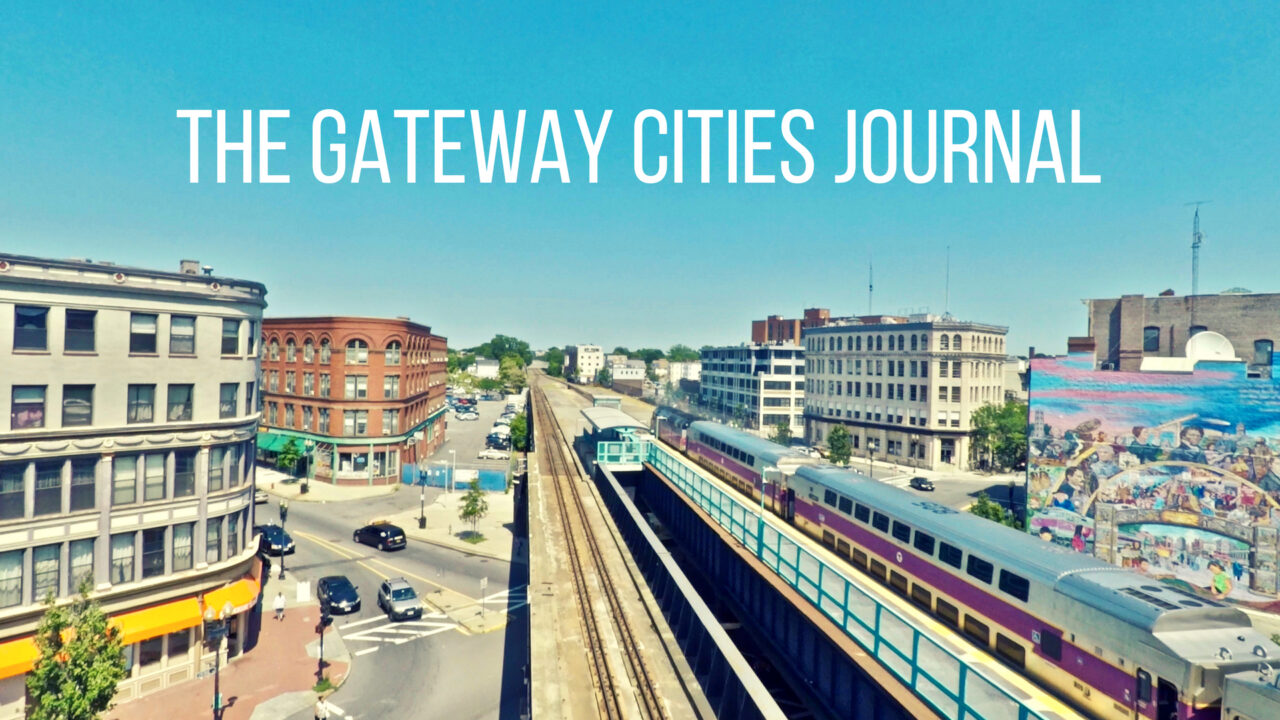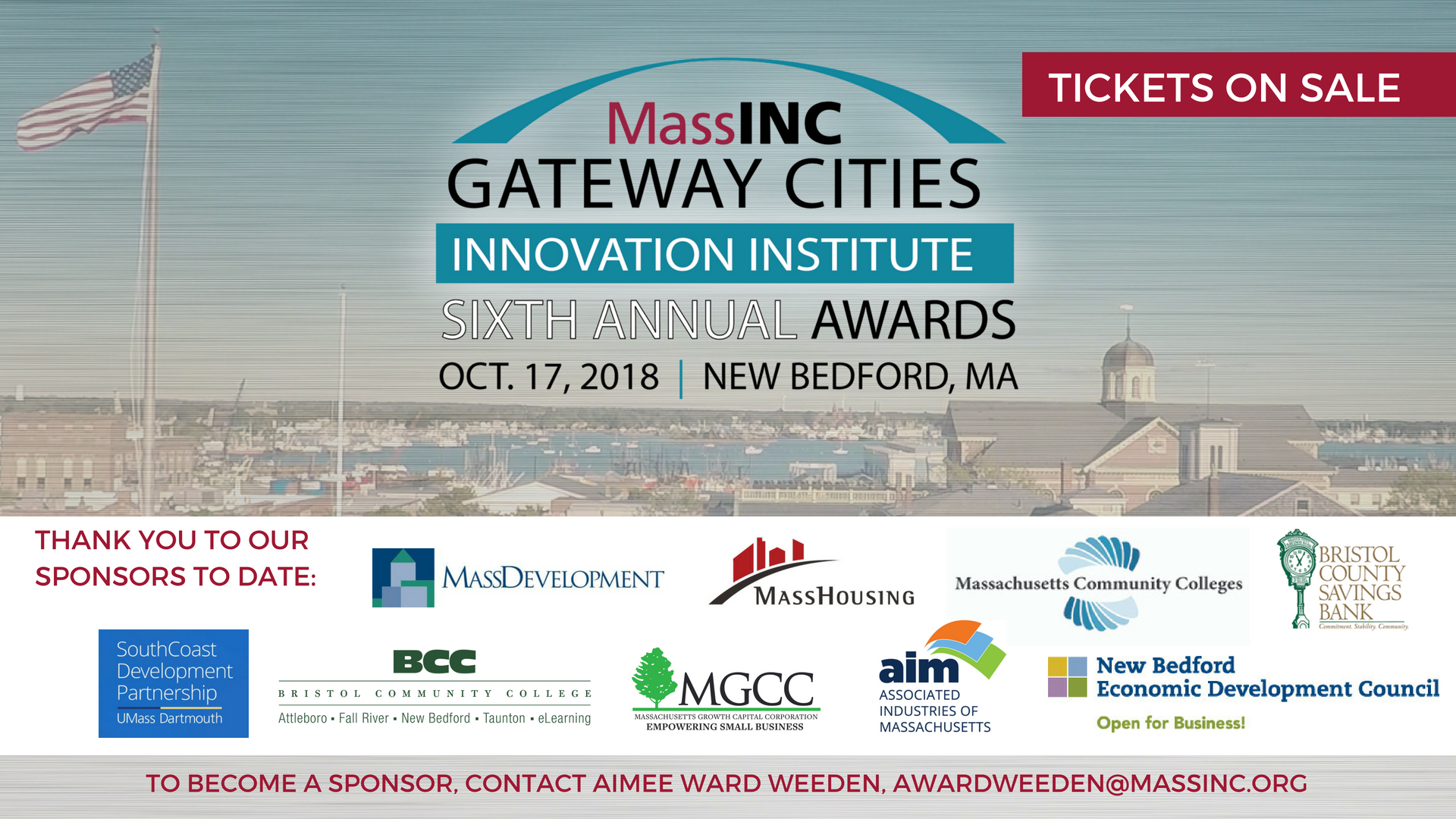
After three years of courtship, team owners and city officials announced last Friday that the AAA Pawtucket Red Sox (or, as they are more colloquially called, the “PawSox”) will soon move to Worcester and into a still-to-be-built $90 million stadium, Polar Park. Financed primarily through municipal bond offerings that cover the stadium’s construction, Polar Park (and the move more broadly) will come at a high cost—but is it worth it?
As Bruce Mohl outlined in CommonWealth earlier this week, the WooSox deal is as expensive as it is expansive. As individuals who care about the future of the Gateway Cities, it is our duty to scrutinize efforts of this size and evaluate their potential outcomes. Too often, private development in these cities is treated as a net good with little consideration for its actual impact. Chairman Larry Lucchino and his partners will certainly emerge a major victor of the deal; but one might ask, if a $35 million check were written towards Worcester’s general revitalization efforts, would that be a more effective use of public funds?
The state through its MassWorks Infrastructure Program has offered $32.5M towards urban revitalization efforts spurred by the move, and another $2.5M in tax credits to support market-rate housing through its Housing Development Incentive Program (HDIP). The deal demonstrates the importance of HDIP in the Gateway Cities’ revitalization efforts, yet HDIP continues to be underfunded and oversubscribed. In order to remain competitive for new development opportunities, like this one, the state should vastly increase HDIP’s capacity. Housing will be what separates these types of renewal projects from those of the past, which makes the availability of these resources even more important to our Gateway Cities’ shared economic success.
Please join us in New Bedford for the Sixth Annual Gateway Cities Innovation Institute Summit & Awards Luncheon
The overall economic impact of this investment remains uncertain. Economists will dispute the economic impact upon the city of Worcester for years to come. But what we do know is that Worcester will gain two small hotels, at least 50,000 square feet of commercial and restaurant space, 250 units of market-rate housing, a municipal garage, a renovated Kelley Square, and a renewed sense of local pride. Worcester has been said to be on the rise for years without a dramatic change to prove it—but to now have the caché of a major sports team, guaranteed heavy foot traffic, and a major downtown facelift is indisputably huge for the neighborhood.
As we continue to evaluate these economic shifts soon to take place in Worcester, consider as well the Woosox’ impact upon local culture. The narrative of many Gateway Cities remains stuck in their past lives as mill towns, so the residency of a major sports team (and a damn good one, at that) guarantees that Worcester’s name will dominate headlines for years to come. And as fans cheer on the WooSox in their new stadium, so too will they be cheering on a vision of a better Worcester.
Housing and Economic Development
Single-family home construction in New Bedford triples. Meanwhile, MassDevelopment celebrates the opening of the New Bedford Harbor Hotel, a part of the city’s TDI district.
600 new units of housing will replace the partially-shuttered Quincy Medical Center.
Fitchburg could receive over $2 million in impact fees from marijuana companies.
Mayor Brian Arrigo of Fall River brings together local businesses in an effort to help recently laid-off NECCO employees find new work.
A $700,000 Community Preservation Act grant will be used to improve McKeon Park in Barnstable.
Transportation
The MBTA begins making plans to repair the parking garage at Quincy Adams.
CityLab points to Hartford as an example of how post-industrial cities can use transit infrastructure to revitalize their economies.
CommonWealth breaks down the Baker budget, including $8 million in funding for regional transit authorities.
Education
New Bedford finds itself on the frontlines of another charter schools debate.
WalletHub gives the number one spot to Massachusetts in its yearly ranking of the best public school systems.
A program sponsored by Metro Credit Union to help teach Massachusetts high school students financial management skills reaches nearly 2,000 students.
Governance
The new short-term rentals tax will help finance a water protection fund for Cape Cod. Governing Magazine examines the effect the tax will have on housing in the state.
The state legislature approves a local option for municipalities to give property tax breaks to seniors.
Haverhill looks into a ban on single-use plastic bags.
Governing Magazine questions the necessity of small cities offering large tax incentives for companies like Amazon.
Gov. Charlie Baker and Rep. Richard Neal tout MGM Springfield ahead of its opening tomorrow, August 24.
Creative Place-making
A famous Alexandre Iacovleff painting finds a permanent home in the lobby of the North Attleboro police station lobby.
A new exhibit at the Leominster Historical Society highlights the role of the plastic industry in the history of the city’s economy.
Communities & People
A Brockton hurdler wins silver at the Central American and Caribbean Games.
Students kick off “50 Miles More” march from Worcester to Springfield to Smith & Wesson as a means of demanding stricter gun control.
Worcester’s UnchARTed Gallery celebrates its ten-year anniversary.
Barnstable photographer William F. Pomeroy continues a series on the workers of Barnstable.

